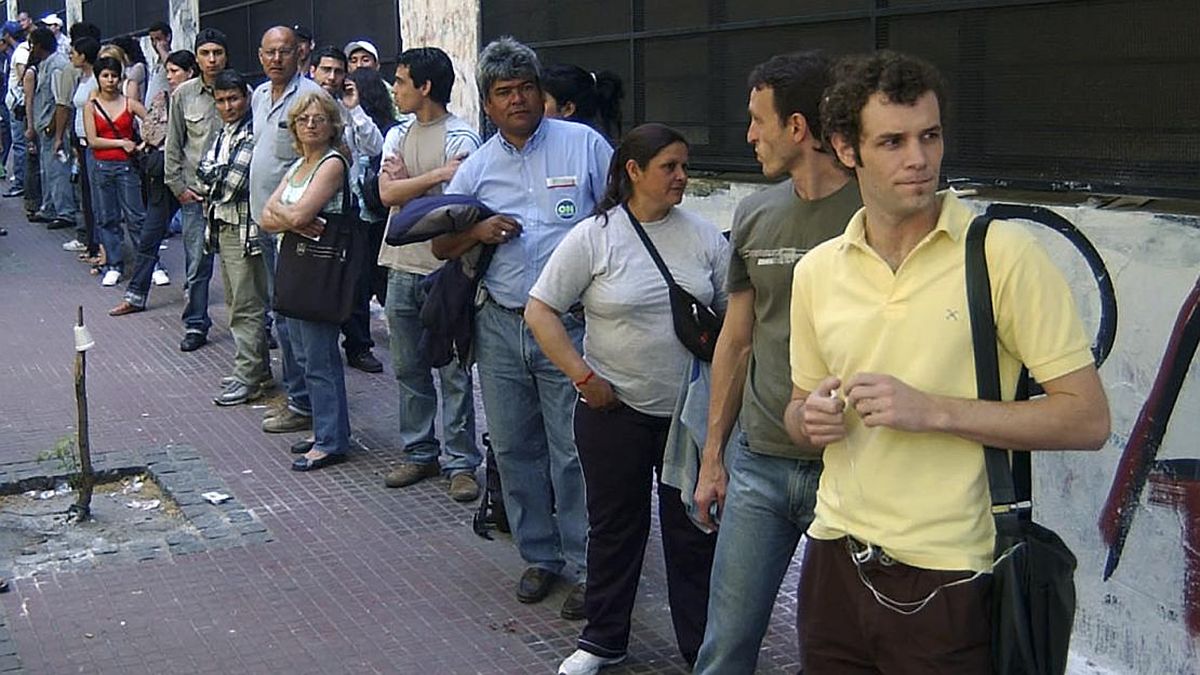In this regard, the laws that combat clandestine work, are Law No. 24,013 and Law No. 25,323, which should have the purpose of eradicating clandestine work, have effects that did not converge with their original vocation by which the spirit was motivated. of the legislator. Laws that are already obsolete and must undergo an update according to the work of the future.
The labor clandestinity responds, mainly, to the high labor cost that the labor market has in what is commonly called “tax on work” through pressure on social charges. Social charges are made up of contributions and contributions to the Single Social Security System (SUSS), and Argentina has the highest pressure in Latin America below Mexico. The contributions are part of the salary earned by the worker and the employer, in its capacity as legacy withholding agent, withholds to incorporate the SUSS. The contributions, on the other hand, are the direct contributions that the employer must incorporate into the SUSS for each registered worker. The nominal sum of contributions and contributions make up Social Charges (contributions and contributions). It is true that the employer should only record the contributions as a cost, while the contribution is the result of the worker’s own remuneration. But it is also true that the worker’s remuneration is a sum of money that comes out of the employer’s own pocket. With which it is feasible for the purposes of reality that employers when they claim high labor costs, do so based on Social Charges and not exclusively delimiting the drop in contributions. This is a very slight difference to perceive but that for the purpose of this work it is not a waste to fail to appreciate.
Social Charges generate pressure in the form of “Founded Fear” in most companies and in 70% of the 500,000 SMEs (Sepyme Source) that exist in the country. This is due to the situation in which it becomes impossible for SMEs to meet social charges. This becomes a more endemic and aggravated pathology as the reader should know that the backbone of the Argentine economy, the generation of genuine employment and the main socioeconomic support of the Argentine Republic depends on SMEs.
Social charges, in our country, behave like an excessively high, regressive and highly disproportionate tax in relation to the basic services and standards that society receives in return for them.
Compared to countries like Brazil or Chile, on average, we have an average index of 34.6% higher, being the first in the region in terms of contributions and contributions.
Let’s see an example: Clarification: example taken without support in any real basis. It is merely exemplary.
For a worker to have a salary of $15,000 left in his pocket, he must have $18,080 as a basic “gross” (17% contributions). For the company, each employee represents a labor cost of $22,239 (24% contributions).
Companies that have their payroll in the black obtain a “savings” of $7,232 for each employee.
This sum turns out to be very tempting and this temptation contributes to the rise of informal employment. This demonstrates the ineffectiveness of the “inhibitory effect” of the employer’s evasive and fraudulent conduct, which the legislator took into consideration in the enactment of law 24013 and 25323.
To contextualize it to the present, in contexts where competitiveness is very unfair, where markets are increasingly closed, inflation liquefies the profitability of companies, employment increasingly tends to fall, and the cost of living rises, the breeding ground for clandestinity is generated more and more.
On the one hand, employers go underground to lower costs and be more competitive. Others go underground to barely survive and not close their venture or company.
On the other hand, the workers in their most impetuous need to support themselves at home assume the reality of the social and economic context and submit to the precariousness of the registration of their labor relations in order to guarantee the source of work.
At present, for the vast majority of employers, it is unsustainable to afford the payments for the social security system, work risks and union payments. This situation pushes companies to adhere to “facilitation plans” or delay payments, becoming unsustainable future agreements for companies with the sole objective of accumulating debt. This question is much thornier in small entrepreneurs.
Talking about the cost of a worker is taking an X-ray of the state of the labor market, how it affects the Unified Social Security System and what elastic relationship it has with unemployment and employment rates.
Source: Ambito
David William is a talented author who has made a name for himself in the world of writing. He is a professional author who writes on a wide range of topics, from general interest to opinion news. David is currently working as a writer at 24 hours worlds where he brings his unique perspective and in-depth research to his articles, making them both informative and engaging.




